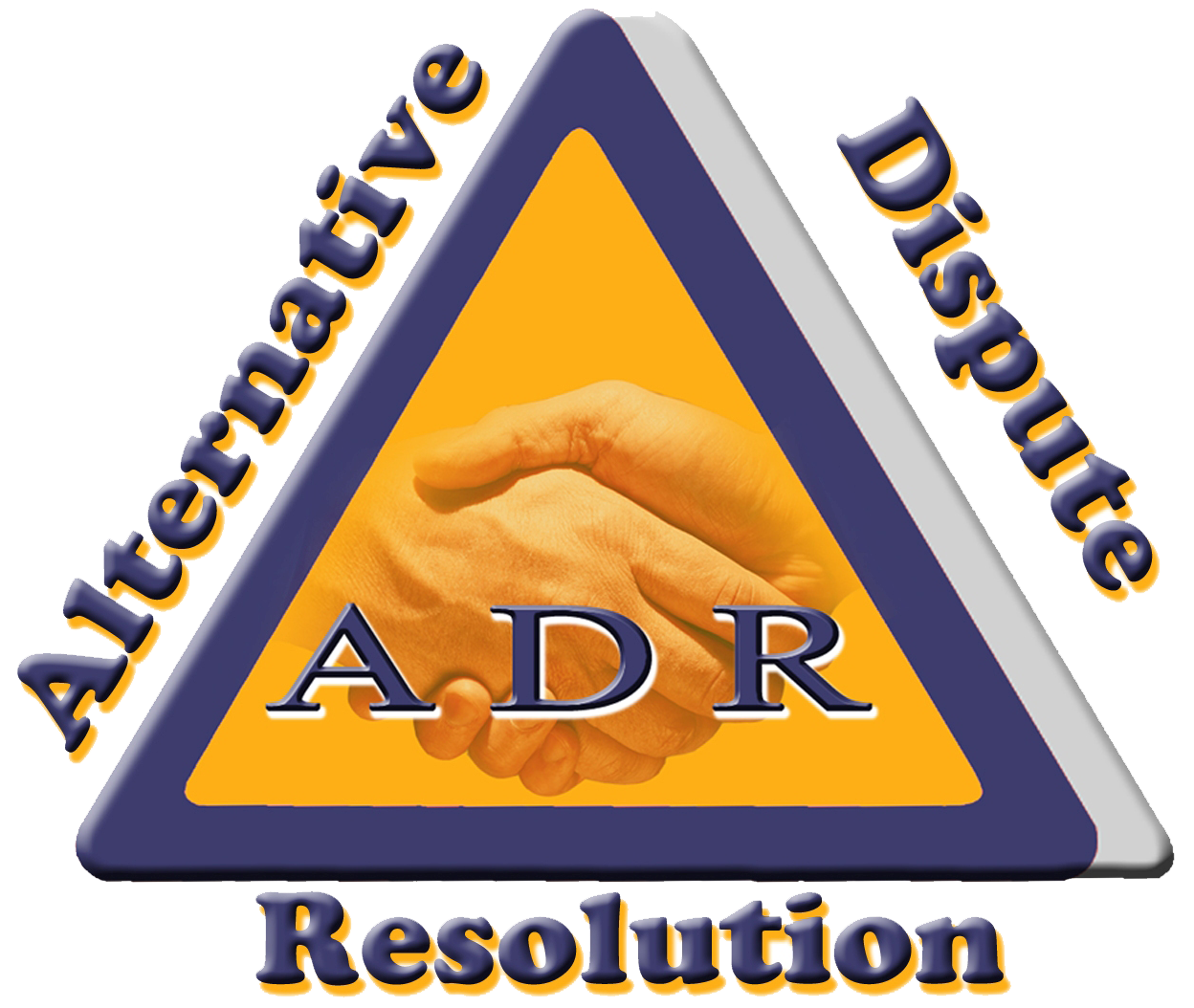The General Clauses Act, 1897 is a consolidating
Act. It consolidated the General Clauses Act, 1868 and the General Clauses Act,
1887. Before the enactment of the General Clauses Act, 1868, provisions of the
Interpretation Act, 1850 were followed. The provisions of that Act and certain additions
were framed together and thus emerged the General Clauses Act, 1868. The object
of the General Clauses Act, 1868 was to shorten the language used in the Acts
of the Governor-General of India in Council. It contained only 8 sections. A
supplementary General Clauses Act was enacted as the General Clauses Act,
1887 which contained 10 sections. The additions enacted in this Act were based
on the personal experience of Sir Courteney Ilbert who drafted this Act. In
1987, the General Clauses Act of 1868 and 1887 were consolidated and a new Bill
was introduced in the Council of the Governor-General on 4th February,
1897. While introducing the Bill in the Council the then Law Member pointed out
that the new Bill was not intended to change the existing law. Its object was
simply to shorten the language of future statutory enactments and as far as
possible, to provide for uniformity of expression where there was identity of
subject matter. It was convenient that the General Clauses Acts of 1868 and
1887, which were already on the statute book, should be consolidated to have
Legislative Dictionary and rules for the Construction of Acts in one and the
same enactment.
12 Lessons
Updated: Apr 2021
